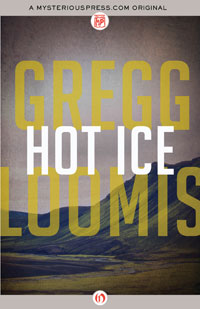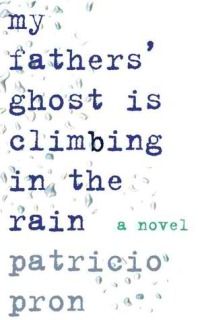King of Cuba by Cristina García
 Monday, May 27, 2013 at 7:37PM
Monday, May 27, 2013 at 7:37PM 
Published by Scribner on May 21, 2013
Most of the scenes in King of Cuba alternate between Havana and Miami, between the homes of two old men, Fidel Castro and Goyo Herrera. For reasons both personal and political, the eighty-six-year-old Herrera loathes Castro. Herrera's daughter Alina claims he is staying alive only so he can celebrate Castro's death. Herrera detests Alina's liberalism, particularly her opposition to the Cuban trade embargo. Herrera's sixty-year-old son, Goyito, is a hooligan and a drug addict. Herrera spends most of the novel recalling his unhappy past, including the woman whose life connects his with Castro's, as he indulges his revenge fantasies.
If Herrera is old and decrepit, Castro is equally so. No longer Cuba's head of state and unable to make a speech without fainting, Castro is also reduced to thoughts of his past, his legacy and fame, his sexual conquests, and the size of his pinga when he was in his prime. Herrera and Castro have more in common than they realize: they have spent their lives appreciating the company of women (including but not limited to their wives); they are disappointed in their sons and controlled by their daughters; they disregard the advice of their doctors and feel betrayed by their aging bodies. Both men are obsessed, Herrera with Castro and Castro with himself. Both are "besotted with the past."
Interspersed with the twin narratives devoted to Castro and Herrera are a series of jokes, stories, and commentaries (sometimes in the form of footnotes) from the perspectives of various Cubans and occasional tourists. Many of them create memorable snapshots of lives spent in a difficult, complex country. The late-blooming plot sends both characters to New York, where their fates finally converge.
King of Cuba captures a transitional moment in history. Christina García recognizes that the generation of exiles who shaped American political hostility toward Cuba has begun to fill Florida's graveyards, while their children are inclined to support a normalized relationship with America's island neighbor. At the same time, Cuba is slipping out of Fidel's tight grip. While acknowledging the ruthlessness of Castro's dictatorship (and routinely referring to Castro as "the tyrant" or "the despot"), King of Cuba does not take sides in the clash between Castro's revolution and America's foreign policy. The novel is set against a political background but it isn't a political novel. It is, instead, a novel about people and their tragicomic lives. García's light-hearted prose pokes fun both at the aging, fist-waving, ineffectual exiles and at Cuba's aging, fist-waving, ineffectual dictator. Both Herrera and Castro are faintly ridiculous in their declining years, left with little but uncontrollable emotions and memories, although "memory could be a plague sometimes, corroding one's soul with all that was lost and unforgotten."
García's lively, inventive prose makes this swiftly moving story a pleasure to read. She manages to make two entirely unlikable characters entertaining without resorting to cruel caricatures. King of Cuba is sweet and funny, and the story culminates in a wild display of irony.
RECOMMENDED


